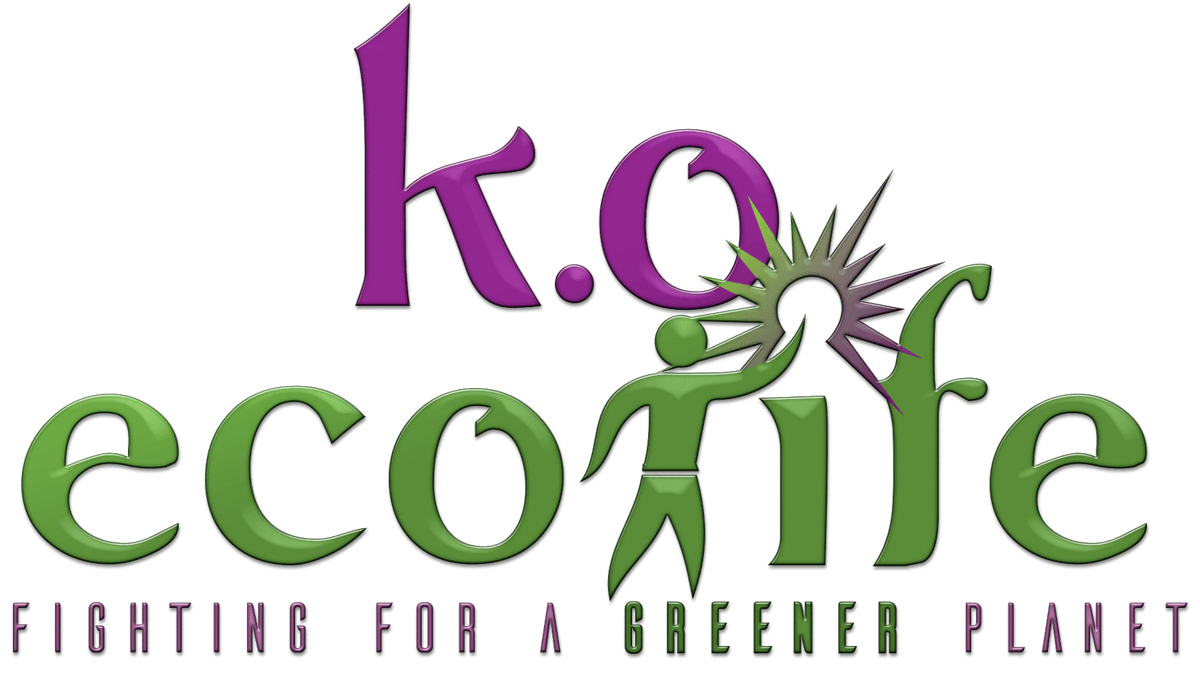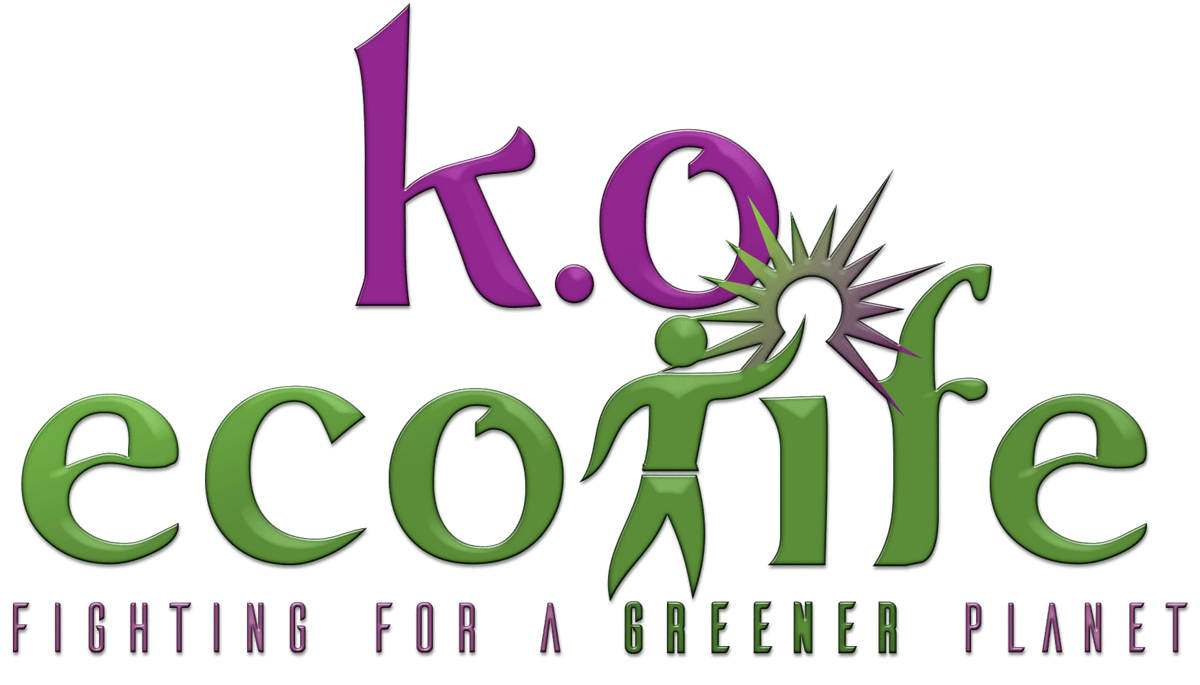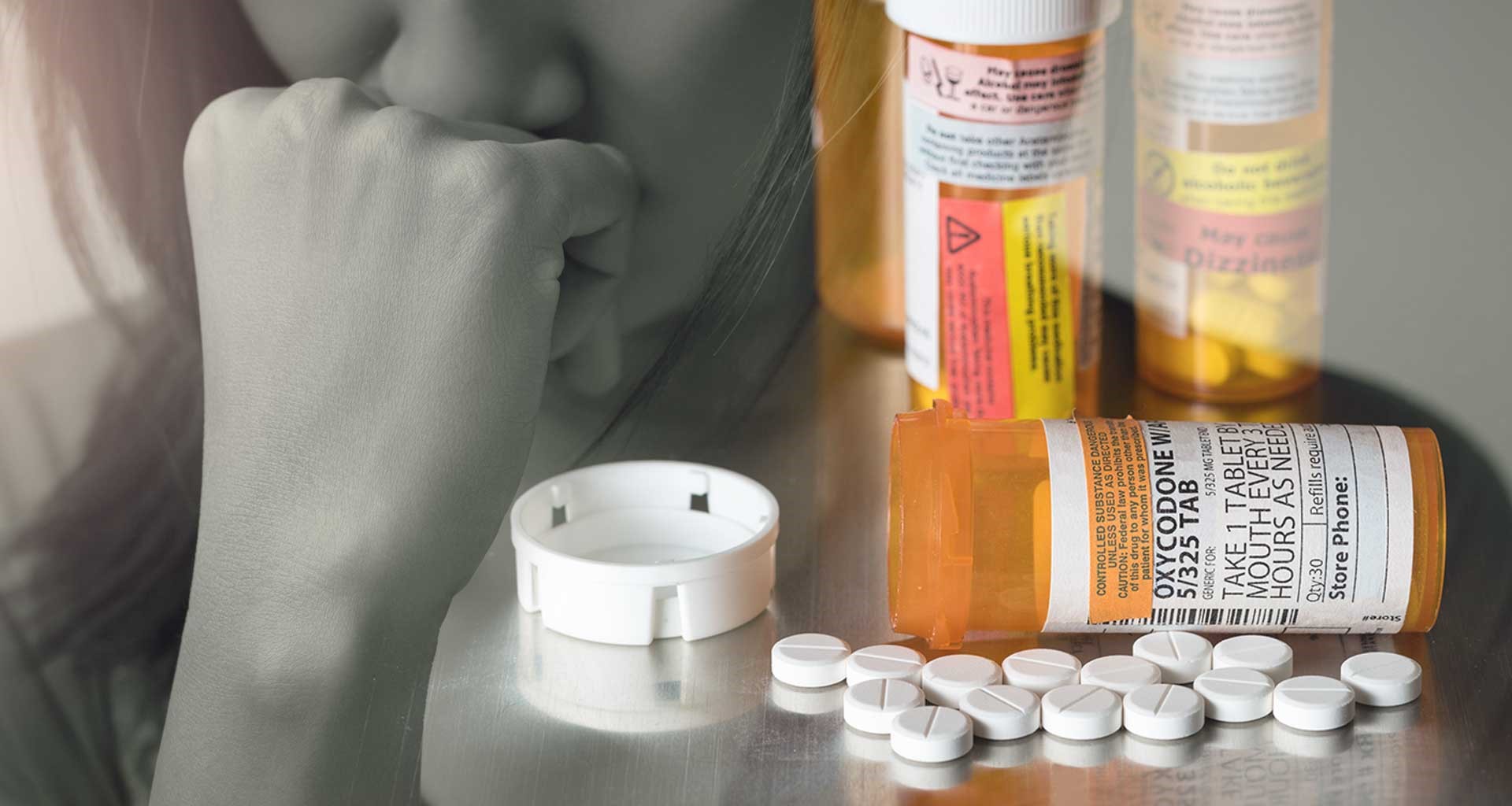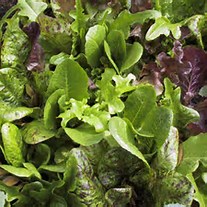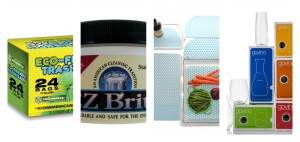“A suicide is like a pebble in a pond. The waves ripple outward,” according to Elana Premack Sandler, LCSW, MPH with The National Alliance of Mental Illness (NAMI).
As a result, it sometimes profoundly effects the survivors for many years. Suicide can influence generations to come. Ms. Sandler continues,
Perhaps the worst ripple effect is that once a family member completes a suicide, it gives permission to other members to do the same.
I am writing this post when the world is in the middle of a pandemic the likes of which we have not seen since the Flu of 1918. As a clinical social worker with a long history of treating a wide variety of mental illness, the mental health aspects are of great concern to me. Primarily, because people are being told to isolate themselves and stay inside at home.
In short, isolation is the opposite advice given to those who are prone to suicide and chemical dependence. Still, it is necessary. Consequently, I would suggest that people use the telephone and computers to stay connected as much as possible. For example, even old fashion letters and cards to those who are alone can help. Unfortunately, we may see large increases in drug and alcohol abuse and suicides because of the coronavirus pandemic.
VULNERABLE POPULATIONS
The following groups seem to be most vulnerable to suicide. Firstly, people with mental health problems especially depression. Most importantly, individuals who are addicted or abuse drugs or alcohol. Similarly, individuals that are physically ill and are in mental or physical pain. Likewise, those who have personal problems in relationships. In addition, those who are what they consider hopelessly in debt. Finally, people who have a history of suicide in family are vulnerable. In short, if you or a loved one are in any of these groups, special care needs to be taken to avoid a tragedy.
Finally, it should be noted that if you are in more than one of these groups suicide should be of even more concern. For example, adults with substance use disorder and an additional mental health diagnosis, were over three times more likely to have suicidal thoughts than adults with only a substance use disorder diagnosis.
SUPPORTIVE HELP FOR SUICIDAL OR ADDICT
- Call 911 for emergency help for a person who is on the verge of suicide. The police will respond. Emergency hospitals will by law treat the suicidal person making sure that the distressed person is safe. The suicidal people will be kept in the hospital against their will if necessary for a few days.
- If you know a person who is depressed and or addicted, encourage them to seek profession help. Help is available in all communities in the USA through the Community Mental Health In addition, in most populated areas of the USA, there are private clinics and practitioners available for help.
- Most importantly, do not get discouraged. The next time you talk to them might be the time that they are ready for help.
- Above all, do not demean the person or minimize the condition.
SUPPORTIVE HELP FOR FAMILIES OF SUICIDAL OR ADDICT
- Above all, remember that your survival is most important. If you get sick, you will not be able to help yourself or others.
- Remember that you are in no way responsible for any person who kills himself/herself. The victim is responsible.
- In addition, take inventory of your behavior. Does your behavior give out the signals that abusing alcohol and drugs is normal. Avoid using drugs and alcohol around the addicted loved one.
- Similarly, become familiar with the concept of “enabling.” This is when people do things that make it easier for the addicted to continue with the addiction. For example, the wife who says that if you knew what he went through in the war, it is understandable that he uses heroine.
- Finally, remember that addiction runs in families. Hence, parents need to educate their children in these families that addiction could be a problem. These children need to be more cautious. It is said that 40% of addiction is related to family history and suicide seems to also run in families.
RESOURCES
There are self-help groups that are available for families and individuals who are touched by suicide and or addiction. Certainly, suicide and drug and alcohol abuse often go together. Here are some of the places to go for help. Most importantly, the following are FREE:
- Alcohol Anonymous, aa.org/
- Community Hotlines, suicidepreventionlifeline.org/
- Narcotics Anonymous, na.org/
- Gamblers Anonymous, gamblersanonymous.org/ga/
- Families Against Narcotics, familiesagainstnarcotics.org/
- MHA, Mental Health America, mhantional.org
- CMH, Community Mental Health thenationalcouncil.org/about/national-mental-health-association/overview/community-mental-health-act/
[CMH clinics are in every state in the USA.]
INSURANCE AND PRIVATE PAY OPTIONS
Similarly, there is help for the addicted and their families for pay for service or insurance at private hospitals and clinics. There are clinicians that are in private practice. Ask friends and family for referrals. Many of the agencies and practitioners can be found on line.
Furthermore, insurance providers often will suggest where to go for a provider. The larger the community you live in, the more choices you will have for help. Sometimes having a lot choices can make things more difficult. The important thing is that you find a provider that you trust.
QUESTIONS
Do you have a specific question related to addiction and recovery? Please send your comments and questions to eaglekenj@gmail.com and I will cover it in a future blog post. Also, stay tuned for details regarding my online program, “Addiction, Recovery, Wellness.”
Kenneth J. Orlich, LMSW, LMFT, CAADC, ACSW is a clinical social worker, family and marriage therapist, and addiction specialist with over 35 years of experience working as a clinician with the addicted.
_________________________________________________________________________________________________
CONNECT WITH US —
Please like/follow us on social media links below to support a Made in USA, healthy-lifestyle company that is ‘Fighting for a Greener Planet’ to make a difference! Thanks friends!!
Sign up here at www.koecolife.com and receive valuable coupons, tips, & product updates. And, follow us @koecolife for our latest news and events too. Go YOU!
ABOUT US
k.o. “knock-out” ecolife promotes healthy living with a gut-wrenching desire to make a difference! We’re ‘Fighting for a Greener Planet’ with the eco-friendly products we develop, information we share on health, fitness, and wellness, and Giving Back mission.
